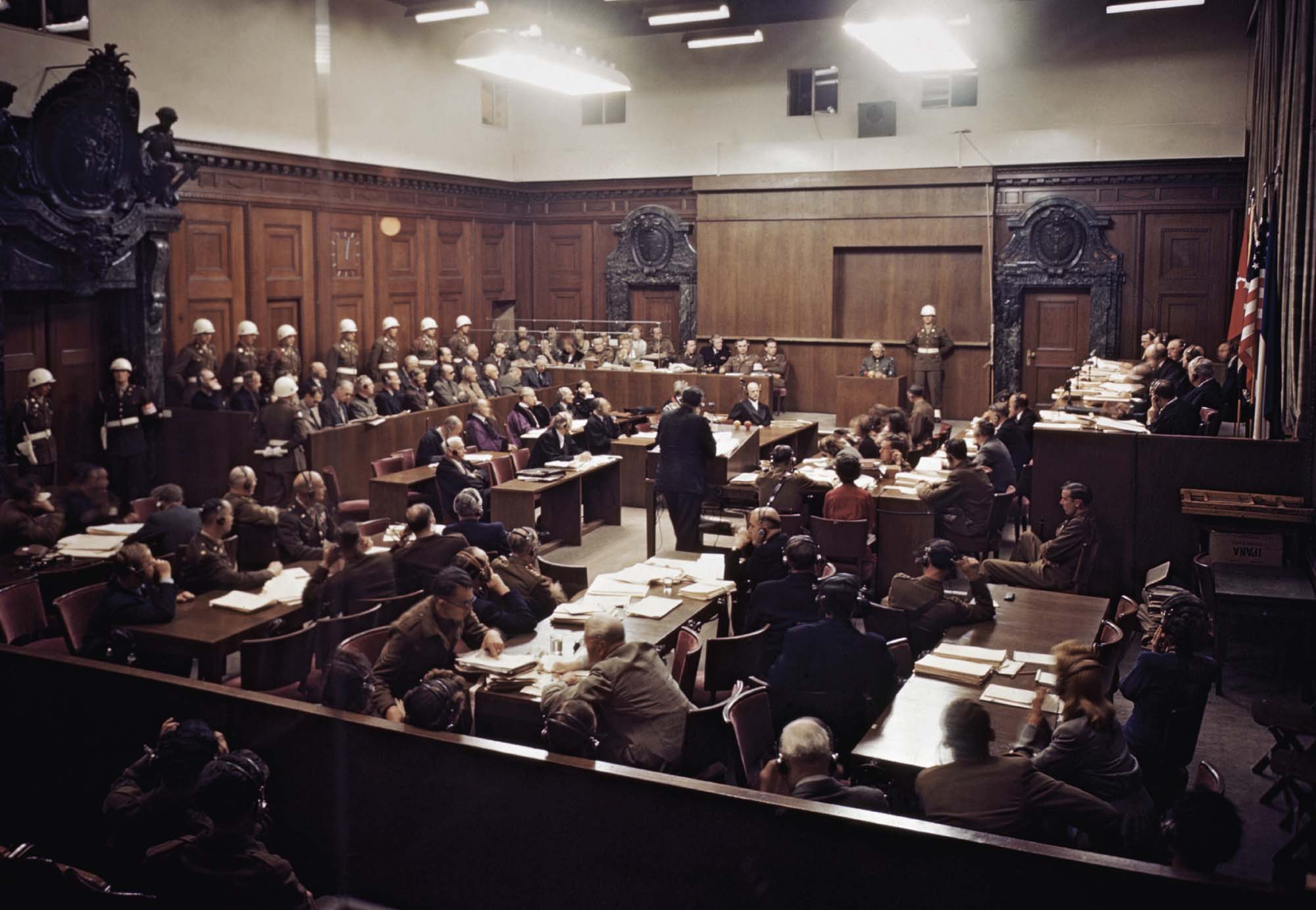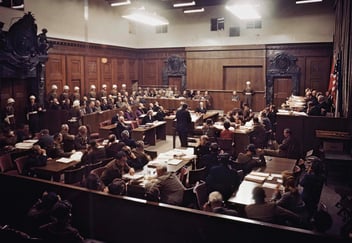The courtroom was abuzz with a tension that could not be ignored. It was not just the gravity of Ahmad’s case that stirred the audience, but the profound questions it posed about the future of humanity itself. Central to these questions was the Fourth Industrial Revolution (4IR), a technological wave that promised to transform every facet of human life. Proponents of 4IR hailed it as an unprecedented leap forward—one that would eradicate poverty, enhance efficiency, and create a more equitable world. Ahmad, however, stood firmly against this narrative, warning of the perils it concealed.
As the court reconvened, he began his arguments with measured resolve, laying bare the dichotomy of 4IR: its potential for progress, and its capacity for predation. He did not deny the wonders of technological innovation, nor the possibilities it opened for humanity. Instead, he questioned the cost at which these advances came—whether the price of progress was humanity itself.
The Technological Promise
The Fourth Industrial Revolution was unlike any transformation the world had seen before. It was not merely an extension of the Industrial Age; it was its complete overhaul. Driven by artificial intelligence, biotechnology, and the Internet of Things, 4IR envisioned a world interconnected at every level. From automated cities to personalized medicine, its promises seemed limitless.
Ahmad acknowledged these possibilities. “Technology is a tool,” he admitted, “a neutral force that reflects the intentions of its wielder. It can be used to heal as much as it can be used to harm.” But he warned that in the hands of unchecked power, technology was rarely neutral. It became an instrument of domination, used to enforce conformity, monitor dissent, and erode freedom under the guise of progress.
The Threat to Humanity
Ahmad’s case rested on the assertion that 4IR, as it was being implemented, posed a direct threat to the natural order. He presented evidence of technologies designed not to empower individuals but to control them. Genetic engineering, touted as a breakthrough in medicine, was being used to modify human biology in ways that served the interests of global elites. Biometric identification systems reduced human beings to data points, stripping them of privacy and autonomy. Digital economies created dependencies that left individuals at the mercy of centralized authorities.
“This is not progress,” Ahmad argued. “This is predation. It is a systematic attempt to redefine humanity—not as beings of conscience and dignity, but as resources to be managed.”
He described a future where freedom was an illusion, where every action was monitored, recorded, and judged by algorithms. In this world, individuality would be sacrificed on the altar of efficiency, and the natural order would be replaced by an artificial construct governed by those who held technological power.
The Internet of Bodies
One of Ahmad’s most chilling arguments centered on the Internet of Bodies (IoB), a concept integral to 4IR. The IoB envisioned a network where human bodies were integrated into the digital grid through implanted devices and sensors. While this technology promised advancements in health monitoring and efficiency, Ahmad exposed its darker implications.
“These devices,” he explained, “are not merely tools. They are chains—chains that link our physical selves to systems of control. They create a world where our thoughts, our movements, even our biological functions are no longer our own.”
He cited examples of how IoB technology was already being used to enforce compliance. In some countries, access to resources was tied to biometric verification, leaving those who resisted IoB systems excluded from basic necessities. Ahmad warned that as this technology became more widespread, it would pave the way for a society where dissent was not punished but prevented, where individuality was not suppressed but erased.
The Ethical Betrayal
Underlying Ahmad’s arguments was a deeper philosophical point: that the implementation of 4IR represented a betrayal of the trust inherent in the social contract. Technology, he argued, was meant to serve humanity, to enhance its capacity for freedom, creativity, and fulfillment. But in the context of 4IR, technology was being used to subjugate humanity, to enforce systems that prioritized efficiency and control over justice and dignity.
He invoked the principles of Deen al-Fitrah, emphasizing the sacred trust that humanity held to preserve the natural order. “When technology violates this trust,” he declared, “when it undermines the harmony of creation, it ceases to be progress. It becomes a corruption—a betrayal of what it means to be human.”
Ahmad argued that this betrayal was not incidental but intentional. He pointed to the agendas of global entities that championed 4IR, entities that viewed humanity not as ends in themselves but as means to an end. He described their vision of a world where natural law was replaced by algorithms, where morality was redefined by efficiency, and where power was concentrated in the hands of those who controlled the technological infrastructure.
A Call for Resistance
As he concluded his arguments, Ahmad issued a call for resistance—not against technology itself, but against its misuse. He urged the court and the world to recognize the dangers of 4IR as it was being implemented, to demand systems that respected human dignity and freedom. “We do not reject progress,” he said. “But we reject progress that comes at the expense of our fitrah, our natural state. We reject a future where humanity is reduced to a resource, where freedom is sacrificed for control.”
Ahmad’s words resonated deeply, not only in the courtroom but beyond. They echoed a universal truth: that technology, no matter how advanced, could never replace the essence of humanity. His case was not merely a legal argument; it was a plea for the world to awaken, to resist the forces that sought to redefine its destiny, and to reclaim the balance that had been entrusted to it since the beginning of time.
A Moment of Reflection
The court adjourned for the day, leaving those present to grapple with the weight of Ahmad’s arguments. In the silence that followed, it was clear that this was more than a trial—it was a moment of reckoning. It forced a reflection not only on the promises of technology but on the values that defined society. It was a reminder that progress, if not grounded in justice and harmony, was not progress at all.
The fight against 4IR was far from over, but Ahmad’s case had ignited a spark—a spark of resistance, of awareness, of hope. It was a reminder that humanity, even in the face of overwhelming forces, had the capacity to choose its future, to protect its essence, and to restore its balance. The journey ahead would not be easy, but as Ahmad had shown, it was a journey worth taking.




